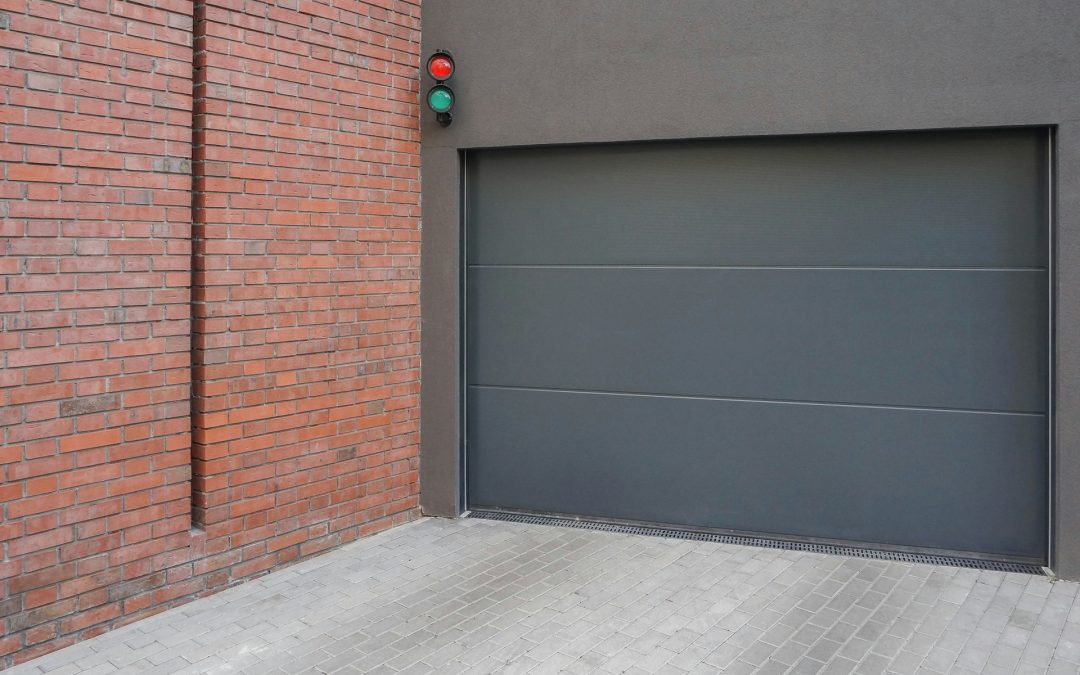Weather plays a significant role in the functioning of your garage door. Different weather conditions, whether it’s extreme cold, intense heat, high humidity, or powerful storms, can all have an impact on the various components of your garage door system. Understanding these effects can help you take better care of your garage door and prevent potential issues from arising.
Cold weather can cause metal parts to contract, leading to stiff springs and frozen tracks. This makes it harder for your garage door to open and close smoothly. On the other hand, high temperatures can cause components made of rubber or plastic to warp or break, affecting the overall operation of the door. Humidity and moisture can lead to rust and mold, which can compromise the integrity of the door and its parts.
Storms and high winds can also create challenges for your garage door. Strong winds can force the door out of alignment, and storm debris can damage its finish or even break panels. Being aware of how weather affects your garage door will help you address these issues promptly and keep your door functioning well year-round.
Impact of Cold Weather on Your Garage Door
Cold weather can pose several challenges for your garage door. One major issue is the contraction of metal parts. As temperatures drop, metal components like springs and tracks can contract, making them stiff and less responsive. You may notice your garage door moving sluggishly or making unusual noises as it opens and closes. In extreme cold, the springs may even snap due to the stress caused by the temperature change.
Another problem caused by cold weather is the possibility of ice buildup. Moisture can accumulate in the tracks or around the moving parts and freeze, causing the door to stick or become difficult to operate. Rubber seals and weather stripping can become brittle and crack, leading to gaps that let in cold air and moisture, further exacerbating the issue.
To combat these issues, keep your garage door and its components clean and dry. Consider using a silicone-based lubricant specifically designed for garage doors to ensure smooth operation. Regularly inspect the weather stripping and other seals for wear and tear, and replace them as needed to keep your garage insulated and functioning well during the winter months.
How Heat Can Affect Garage Door Components
High temperatures can also significantly impact the performance of your garage door. During hot weather, materials like rubber, plastic, and even metal can expand or warp. For example, the rubber parts in your garage door opener can become soft and lose their shape, leading to poor performance and potential failure. The same applies to plastic components, which can become brittle and break under intense heat.
Heat can also affect the door tracks and rollers. Metal tracks can expand slightly in the heat, potentially causing misalignment. This misalignment can make the door harder to open and close and may put additional strain on the opener and other components. Rollers, especially those made of plastic or rubber, can also degrade more quickly in hot weather, affecting the smoothness and reliability of the door’s operation.
To mitigate the effects of heat, ensure your garage door is well-lubricated and the components are in good condition. Consider using heat-resistant materials for parts that are prone to damage. Shade your garage door from direct sunlight when possible, and ensure proper ventilation in your garage to keep the temperature down and reduce the risk of heat-related issues. Regular maintenance checks can help identify and address problems before they become major issues.
Effects of Humidity and Moisture
Humidity and moisture can wreak havoc on your garage door, especially if it’s made of wood or has metal components. High humidity levels can cause wooden doors to swell, warp, or even rot over time. This not only affects the aesthetic appeal of the door but also its functionality. Warped doors may have trouble opening and closing, putting additional strain on the opener and other parts.
For metal components, humidity can lead to rust and corrosion. Springs, tracks, and other metal parts can deteriorate faster when exposed to moisture, affecting the door’s performance. Rust can cause parts to become brittle and eventually break, leading to potentially costly repairs.
Combat these issues by ensuring your garage is well-ventilated to reduce moisture levels. Regularly inspect and clean metal components, and apply a rust-resistant coating if necessary. If you have a wooden garage door, consider sealing or painting it to protect the wood from moisture damage. Mindful maintenance can help prevent humidity-related problems and prolong the life of your garage door.
Dealing with Wind and Storm Damage
Strong winds and storms pose another significant threat to your garage door. High winds can force the door out of alignment or even bend or break panels, especially if the door is older or made of lightweight materials. Storm debris can also cause scratches, dents, or more severe damage to the door’s surface and components.
To minimize wind and storm damage, install a wind-rated garage door designed to withstand high winds. Reinforce your existing door with horizontal bracing or heavier gauge track. During a storm, make sure to remove any loose items in the garage area that could become projectiles and damage the door.
Inspect your garage door before and after storms for any signs of damage or wear. Look for misalignment, dents, or other issues that could affect the door’s operation. Addressing these problems quickly can prevent further damage and ensure the door remains functional and secure.
Conclusion
Different weather conditions can significantly impact the performance and longevity of your garage door. Whether it’s the cold causing metal parts to contract, the heat warping components, humidity leading to rust, or storms causing physical damage, each weather type presents its own set of challenges. Regular inspections and maintenance can help you identify and address these issues before they become serious problems.
By understanding how weather affects your garage door and taking proactive steps to mitigate these effects, you can keep your garage door in optimal condition year-round. Whether you’re dealing with the cold of winter or the heat of summer, a little care and attention can go a long way in maintaining the functionality and appearance of your garage door.
If you’re experiencing issues with your garage door due to weather conditions or need a professional inspection, Garage Door Rescue is here to help. We specialize in residential garage door repair, including fixing broken springs, flipped cables, and garage door opener issues. Contact us today to ensure your garage door remains in perfect working order!

